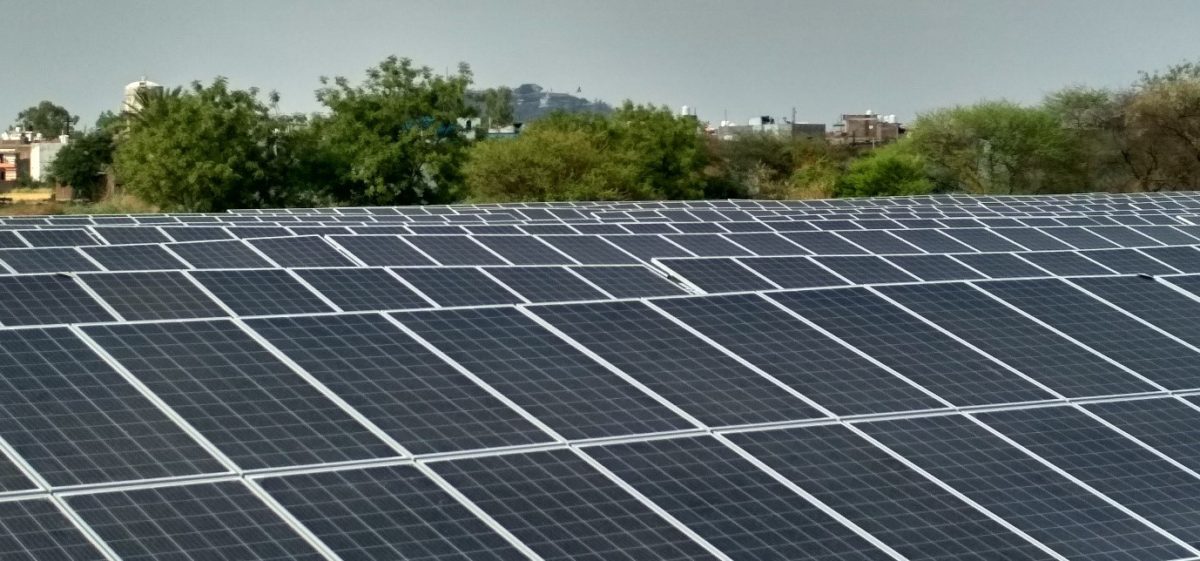The HPERC’s rates range from Rs 3.98/kWh for projects in rural and undeveloped areas up to 1 MW in size and Rs 3.94/kWh for installations between 1 MW and 5 MW. It has set generic tariffs for projects in the state’s industrial and urban areas at Rs 4.06/kWh (up to 1 MW) and Rs 4.02/kWh (1 MW to 5 MW).
The new tariffs will be valid from October 1, 2019, to March 31, 2020, under the HPERC’s Promotion of Generation from the Renewable Energy Sources and Terms and Conditions for Tariff Determination Regulations, 2017. They will not be applicable for projects implemented by Solar Energy Corp. of India (SECI), or for rooftop and ground-mounted solar projects installed by consumers under the net-metering program.
Earlier this month, the Maharashtra Electricity Regulatory Commission (MERC) set a generic tariff of Rs 3.29/kWh through to March 31, 2020. The rate represents a slight increase from the generic tariff of Rs 2.72/kWh for 2018-2019. It also set its generic tariff for rooftop solar projects at Rs 3.79/kWh.
The MERC said the tariffs will be applicable when land and evacuation infrastructure expenses are included in a project’s capital costs, rather than being provided for free by power purchasers.
In April, the Tamil Nadu Electricity Regulatory Commission (TNERC) also set a generic tariff for the procurement of PV capacity in the state to Rs 3.04/kWh. The Bihar Electricity Regulatory Commission (BERC), meanwhile, recently set a generic tariff of Rs 4.17/kWh.
This content is protected by copyright and may not be reused. If you want to cooperate with us and would like to reuse some of our content, please contact: editors@pv-magazine.com.








1 comment
By submitting this form you agree to pv magazine using your data for the purposes of publishing your comment.
Your personal data will only be disclosed or otherwise transmitted to third parties for the purposes of spam filtering or if this is necessary for technical maintenance of the website. Any other transfer to third parties will not take place unless this is justified on the basis of applicable data protection regulations or if pv magazine is legally obliged to do so.
You may revoke this consent at any time with effect for the future, in which case your personal data will be deleted immediately. Otherwise, your data will be deleted if pv magazine has processed your request or the purpose of data storage is fulfilled.
Further information on data privacy can be found in our Data Protection Policy.